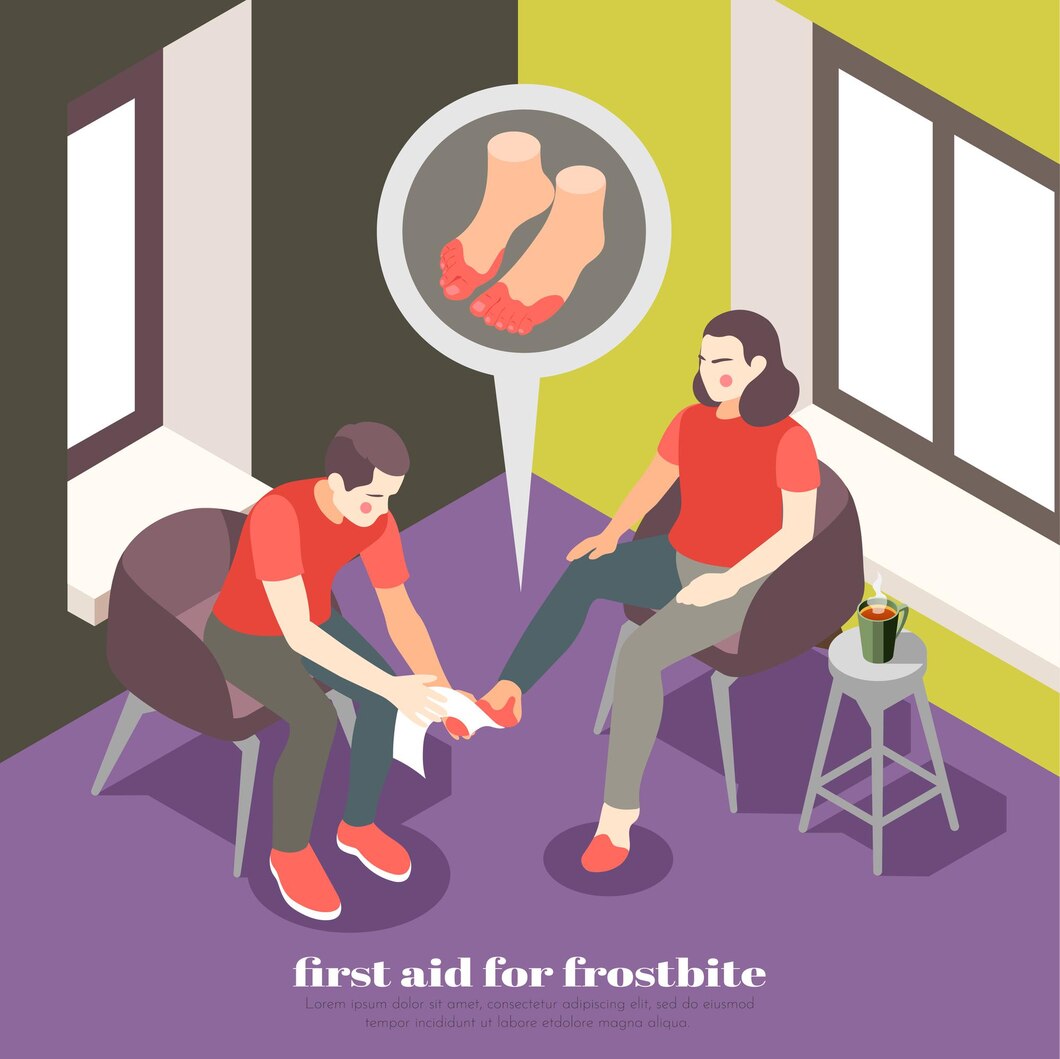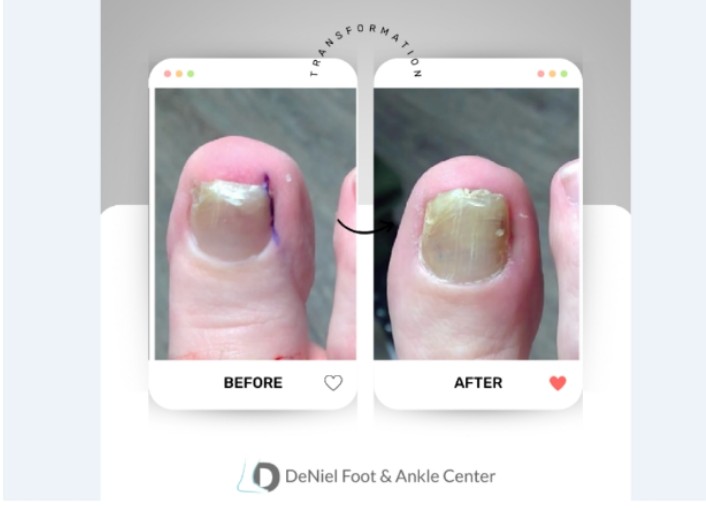A Guide to Getting Back on Your Feet After Major Surgery

Recovering from major surgery can feel like an overwhelming process. The body needs time to heal, both physically and mentally, and the road to recovery requires patience, dedication, and support. Here’s a guide to help you navigate the post-surgery journey and get back on your feet.
Follow Your Doctor’s Orders
The most critical step in your recovery is adhering strictly to your surgeon’s instructions. This includes taking prescribed medications, attending follow-up appointments, and following guidelines for wound care. Your doctor will also provide specific instructions on when and how to start moving around after surgery, including any restrictions on activities. These instructions are tailored to your specific surgery and recovery needs, so it’s essential not to deviate from them without consulting with your healthcare provider.
Rest and Take It Slow
After major surgery, your body requires significant rest to heal. Don’t rush the recovery process. Pushing yourself too hard too soon can lead to complications, setbacks, and extended recovery times. Aim for a balance between rest and gentle movement as recommended by your medical doctor. Listen to your body—if you’re feeling fatigued, allow yourself to rest. It’s common to feel more tired than usual, and this is your body’s way of signaling the need for recuperation.
Start With Gentle Movement
While rest is vital, light movement can actually aid in recovery. Gentle exercise like walking helps to improve circulation, prevents blood clots, and can speed up healing. Your doctor or physical therapist will advise you on when to start moving and which exercises are safe. Start slowly and gradually increase your activity level over time. For many, walking is an excellent initial exercise to regain strength and mobility.
Stay Hydrated and Nourished
Proper nutrition plays a crucial role in your recovery. Your body needs a healthy supply of nutrients to repair tissues and restore energy levels. Concentrate on a balanced diet rich in vitamins, minerals, and protein. Hydration is equally important—drinking plenty of water helps to flush toxins from your body and keeps your system functioning optimally. Consult with a nutritionist if you’re unsure about the best diet for your recovery needs.
Manage Pain Effectively
Pain management is a crucial aspect of post-surgery recovery. Your doctor will prescribe pain relief medications, but it’s also important to manage pain through non-medical methods where possible. Techniques like deep breathing, meditation, and gentle stretching can help to alleviate discomfort. Don’t hesitate to discuss any concerns about pain or medication with your healthcare provider.
Prioritize Mental Health
Recovery from major surgery can take a toll on your mental health. It’s not uncommon to feel anxious, depressed, or overwhelmed during this time. Take care of your emotional well-being by reaching out to friends, family, or support groups. Think about speaking with a therapist if you’re struggling to handle the emotional aspects of recovery. Incorporating mindfulness practices, journaling, or simple relaxation techniques can also help to manage stress and anxiety.
Lean on Your Support System
Having a strong support system can make a significant difference in your recovery. Family and friends can help with day-to-day tasks, provide emotional support, and make sure that you’re not overexerting yourself. You might even consider temporarily moving into a care home like morriscare.co.uk for your recovery period; this way, you won’t have to worry about anything other than focusing on getting better. Don’t hesitate to ask for help—whether it’s with meals, transportation, or simply keeping you company.
Stay Positive and Be Patient
The recovery process can be slow, and it’s easy to become frustrated with setbacks or delays. However, staying positive and patient is essential. Celebrate small victories, like taking your first steps or reducing pain levels, and remember that every day brings you closer to full recovery. Set realistic goals for yourself and acknowledge the progress you’re making, no matter how small it may seem.




